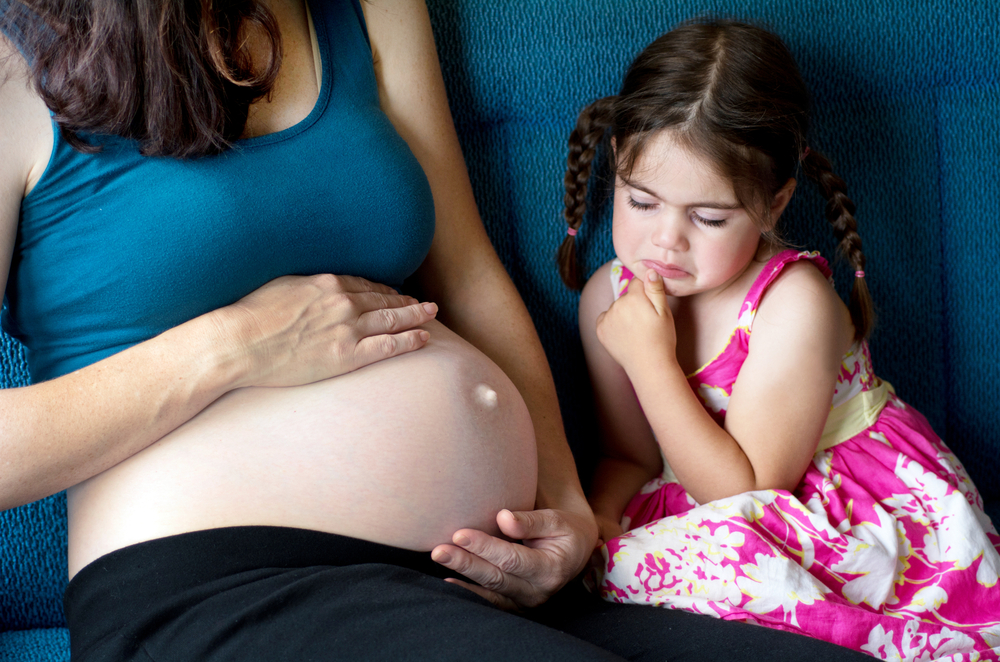Contents:
- Medical Video: Age. Too old for an Eating Disorder? Kati Morton's Healthy Mind Healthy Body
- Various causes of anorexia in the elderly
- 1. Inflammation of the brain
- 2. Decreased function of the sense of smell and taste
- 3. Decreased function of the digestive tract
- 4. Poor emotional condition
- Health effects of anorexia in the elderly
- Things that can be done to overcome anorexia in the elderly
Medical Video: Age. Too old for an Eating Disorder? Kati Morton's Healthy Mind Healthy Body
Elderly is an age group in which a person has experienced various declines in bodily functions. This condition not only makes individuals over 50 years more susceptible to disease, but also anorexia eating disorders. In contrast to anorexia that occurs in younger individuals, anorexia in the elderly can not only be affected by disease and psychological factors, but also triggered by physical conditions due to the aging process.
Anorexia in the elderly is defined as loss of appetite and / or a decrease in the amount of food intake that occurs in elderly individuals. Although in general the decrease in food intake and body activity occurs in the elderly, but anorexia conditions cause the elderly to lose reserves and not get enough nutrition. This causes more serious health effects such as organ dysfunction and increases the risk of death.
Various causes of anorexia in the elderly
1. Inflammation of the brain
The aging process triggers inflammation in the part of the hypothalamus brain which plays a role in and regulates peripheral stimuli from fat cells, nutrient intake, and hormones. Inflammation of the brain causes hormonal imbalances because the brains in the elderly experience obstacles in responding to the hungry hormones ghrelin and cholecystokinin (CCK). As a result, the elderly are more likely to experience weight loss because they tend to lose their hunger.
2. Decreased function of the sense of smell and taste
The desire to eat something in the elderly also tends to decrease because it is less able to breathe the aroma and feel the food. Moreover, the elderly generally lose the ability to taste sweet and salty first so it is very easy to lose appetite because they feel bored and cannot enjoy food. Decreasing the function of the sense of smell and taste also depends on conditions caused by disease, drug side effects and smoking.
3. Decreased function of the digestive tract
Obstacles to the digestive tract such as loss of teeth to soften food and decrease in secretion of stomach acid causes the body difficulty absorbing food. Moreover, the stomach is still filled with food because it is absorbed too slowly, causing the elderly to eat only less food and disrupt the work of hormones to send hungry signals. Impaired absorption of food can also be caused by side effects or interactions of drugs taken with the adjacent time.
4. Poor emotional condition
Social environment and depression are the most common factors causing anorexia in the elderly. Elderly people are more likely to isolate themselves because they lose the closest person or live alone, this causes loss of appetite and causes anorexia. While depression in the elderly is more often triggered by stress and decreased cognitive function, in the end the elderly who are depressed will tend to lose their appetite.
Health effects of anorexia in the elderly
Anorexia conditions can reduce weight which is actually dangerous for the elderly because it triggers loss of muscle mass and decreased function, including the muscles of the respiratory organs. Not getting enough nutritional intake aka malnutrition also causes a decrease in immune function and is accompanied by barriers to the function of the digestive organs, especially when the elderly experience infection. In addition, anorexia also triggers low albumin in blood serum (hypoalbuminemia) This is very dangerous because it can cause damage to various body tissues.
Things that can be done to overcome anorexia in the elderly
Although the decline in appetite in the elderly occurs naturally, but the condition of lack of food intake has a fatal impact on the elderly. The condition of anorexia can also be minimized in the following ways:
- Change your diet - this is done to overcome the saturation of the elderly towards food by serving food with varied flavors. Avoid using too much salt and sugar, instead giving spices and kitchen spices as flavor enhancers.
- Invite the elderly to eat together - lone behavior or isolation from the social environment is one of the causes of the elderly experiencing anorexia, overcome this by bringing food or talking to sit and eat together.
- Fulfill adequate nutrition - meet the main energy needs of protein sourced from meat, eggs, fish and vitamins and minerals from vegetables and fruits. If the elderly only eat a small amount, feed on nutrients from food supplements.
- Invite active elderly to move - Active use of muscles is important to prevent loss of muscle mass and decrease muscle function. Actively moving regularly can strengthen bones and improve elderly appetite.
- Pay attention to the medication consumed - There are several types of drugs that can trigger anorexia such as heart medications, anti-rheumatism, anti-depressants and laxatives. Consider again or consult a doctor for the use of this type of drug when the elderly experience drastic loss of appetite.
- Check and treat the condition of the disease - Some conditions or disorders of the mouth, stomach, and nerves (stroke) and depression and heart disease can eliminate appetite. Early treatment is needed before anorexia causes malnutrition.
READ ALSO:
- Guide to Meeting Elderly Nutrition Needs
- 7 Changes in Men and Women Over Age
- Difference between Dementia and Alzheimer's, Two Diseases Causing Senility












